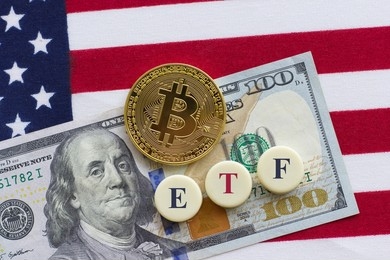The United States Securities and Exchange Commission (SEC) has opposed cryptocurrency exchange Coinbase’s request for an interlocutory appeal concerning a “controlling question” in the ongoing lawsuit, alleging that Coinbase is seeking to manipulate the interpretation of the question itself.
“Coinbase’s attempts to manipulate the question for appeal to shoehorn it into a certifiable question under 28 U.S.C. § 1292(b) are self-defeating,” the SEC declared in a May 10 filing with the U.S. District Court for the Southern District of New York.
The SEC further reiterated that Coinbase “does not like” the Howey test — the agency’s standard for determining what is a security — and the current framework for securities regulation while allegedly setting up its business in ways that might “make it costly” to follow existing laws.
“Coinbase just does not like the answer. Having made the weather, Coinbase cannot now complain that it is raining.”
It comes after Coinbase filed an interlocutory appeal on April 12, arguing that an investment contract cannot exist without a post-sale obligation.
As the SEC disagrees with this, Coinbase alleges that whether or not it does so is a controlling question — a key legal issue that can strongly influence the outcome of the case.
However, the SEC argued that Coinbase is only claiming this to be a controlling question as the exchange can’t provide a clear explanation of what constitutes a “contractual undertaking.”
“Coinbase remains unable to advance a single, coherent version of this theory, which it now claims presents a controlling question,” the SEC asserted.

However, the SEC argued that in 80 years, no court has ever demanded “contractual undertakings” after a sale.
“Interlocutory review is not warranted simply because Coinbase proposes a new legal test and disagrees with the Court’s rejection of that test,” the SEC noted.
“But Coinbase’s decision to do so, and its desire to rewrite settled, decades- old legal precedent to fit its own policy goals and business needs provides no compelling reason to prematurely certify an appeal in this case,” it added.
Related: Coinbase faces new lawsuit over alleged investor deception
The SEC sued Coinbase in June 2023, saying the crypto exchange violated federal securities laws by listing 13 tokens it alleged were securities.
Coinbase argued that the transactions on its exchange shouldn’t be considered securities, claiming they fall outside of SEC regulations. However, the SEC holds the opposite opinion.
“At least some of the transactions on Coinbase’s platform and through related services constitute ‘investment contracts,’ which the federal securities laws have long recognized as securities,” the SEC stated in March 27 court documents.
Magazine: How to stop the artificial intelligence apocalypse: David Brin, Uplift author











